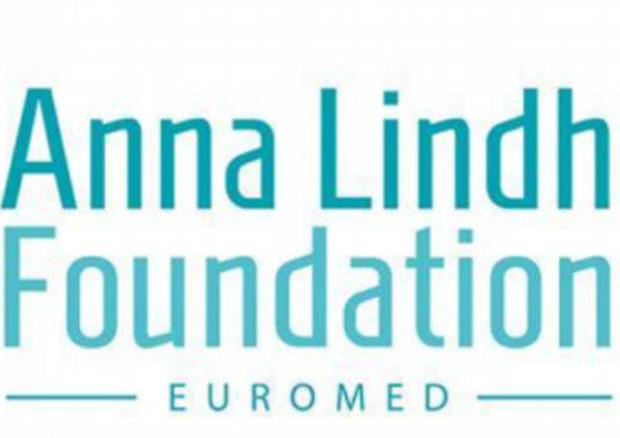One of the main goals of the Anna Lindh Foundation (ALF) is to support the arts in order to break down cultural barriers and strengthen the role of education in intercultural dialogue.
It addressed this objective at its 4th weekly public dialogue - "Arts and Education for Intercultural Cities" - on June 9, as part of the Foundation's "Virtual Marathon for Dialogue in the EuroMed".
In a statement, ALF said its Intercultural Trends Survey 2020, managed by Eleonora Insalaco, ALF head of operations and intercultural research ALF, revealed that the majority of survey respondents in Europe and countries of the southern and eastern Mediterranean believe promoting artistic expression and multicultural events is essential for better living in multicultural environments, and that children learn about diversity mainly in schools.
During the dialogue, moderated by Aissam Benaissa of Connect NordAfrika, various speakers analysed these aspects and enriched the debate with their personal experiences.
Aymen Bouazizi of Youtheon highlighted the critical role of NGOs in building strong and peaceful communities that help young people grow and contribute to society.
Loizos Loukaidis, director of the Association for Historical Dialogue and Research (Cyprus), discussed how the association managed to bring together over 5,000 students and 1,000 teachers through dialogue and educational visits in the divided city of Nicosia to build bridges and promote sustainable peace.
Karl Donert of the European Association of Geographers (Eurogeo) focused on how digitalization gives more opportunities to engage people in intercultural dialogue.
Piaras MacÉinrí of Ireland said the ideas of "third space" and liminality are central in approaches to interculturalism.
Mónica Salas Corrigan said "the theater of the oppressed" is a good methodology for engaging communities.
Raffi Feghali of Lebanon, co-founder of LabanLive, discussed the importance of arts in education not merely as a tool, but as an essential methodology and approach.
Federico Grandesso of Italy, a journalist and member of the Fellini Foundation for Cinema, spoke about the UN-sponsored exhibition "Federico Fellini: Genius of Humanity".
"We promote Fellini by extracting valuable elements from his filmography, such as the protection of human rights," Grandesso said.
"The main way to promote dialogue is formal education, but also informal, so young people can build their confidence, whatever their background," said Andi Rebiaji, executive director of Youth Voice Network.
In collaborazione con:
Pomilio Blumm
